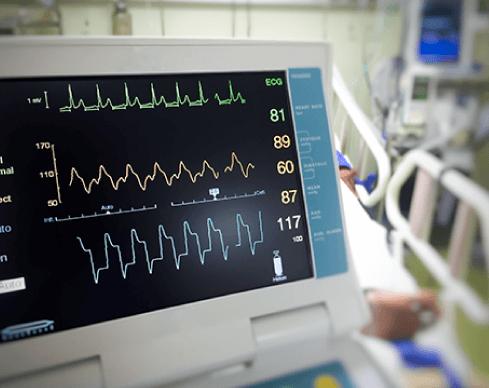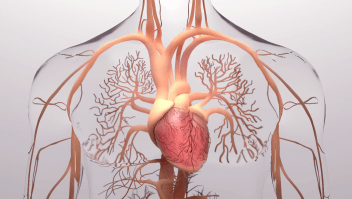SERVICES
Cardiac
Cardiac
Arrhythmia
Management
An irregular heartbeat may simply feel odd or it may be the sign of a serious problem. Dr. Alberto Morales and the team at South Tampa Cardiology in Tampa, Florida, can diagnose and treat arrhythmia, the medical name for an irregular heartbeat condition.
CALL TO BOOK AN APPOINTMENT
813-870-1747

How are Arrhythmia
Conditions Diagnosed?
Dr. Morales reviews your symptoms, active conditions, and medical history, since some other health issues may trigger arrhythmias, such as pre-existing heart disease or thyroid gland problems. There are a number of monitoring tests that may also help in diagnosis.
These include:
- Holter monitor — A portable electrocardiogram monitor
that the patient wears for a day or longer to record heart
activity during day-to-day activities. - Electrocardiogram (ECG) — A device using electrode
attached to the patient’s body to monitor electrical
activity of the heart. Both the timing and duration of each
cardiac electrical phase is measured. - Event monitors — Another portable ECG device, used only
when the patient experiences an arrhythmia episode. - Echocardiogram — A specialized ultrasound device for
producing images of the patient’s heart size, motion, and
structure.
Some measurement techniques may be combined with conditions that trigger arrhythmia, such as stress tests using exercise or medication to elevate the patient’s heart rate.

How are Arrhythmia
Conditions Treated?
Treatment isn’t always necessary since in some cases, apart from the feeling of the episode, there are no significant symptoms and the arrhythmia poses no serious complications to the patient. For problematic arrhythmias, several options exist. Slow heartbeats — called bradycardias — may be treated with a pacemaker if there’s no other way to correct the condition. Fast heartbeats, or tachycardias, have a few more alternatives. Some types of arrhythmia respond to maneuvers that affect how the nervous system controls the vagus nerves, which in turn trigger the heartbeat. Coughing, plunging the face into ice water, and holding the breath are a few vagal maneuvers that correct some arrhythmias that start in the lower half of the heart.

Can Arrhythmia Be
Treated with Medication?
Yes. Many types of arrhythmia can be controlled using medication. Antiarrhythmic drugs can be delivered intravenously in emergencies or orally for ongoing, long-term control. Calcium channel blockers have a number of uses in heart health as well as controlling some arrhythmias. Beta-blockers also prove effective in some cases. Blood thinners may be combined with antiarrhythmic drugs or in patients with atrial fibrillation.
ACCEPTED INSURANCE PROVIDERS
If you don't happen to see yours listed, please call our office to speak with one of our knowledgable staff members.




